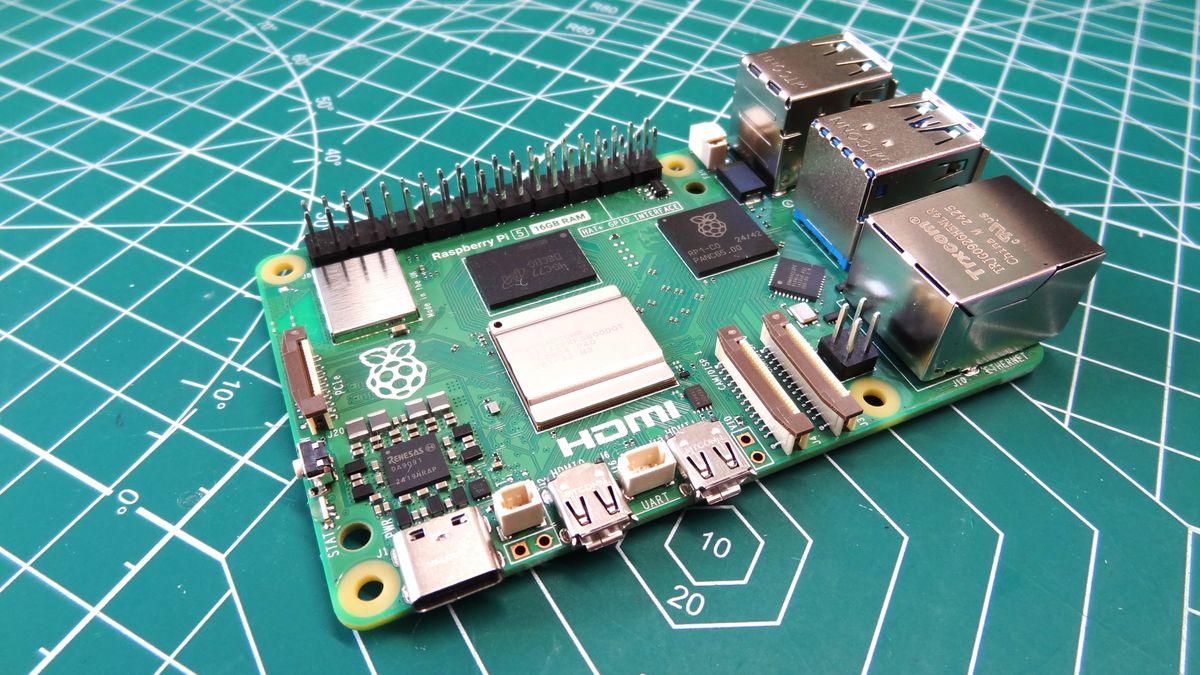Today, Micron Technology has started constructing its multi-billion-dollar packaging facility for high-bandwidth memory (HBM) in Singapore. The company will invest $7 billion in the plant, as it expects demand for HBM3E, HBM4, and HBM4E memory to skyrocket in the coming years amid the AI boom. The facility is set to start operations in 2026.
Micron's packaging facility for high-bandwidth memory (HBM) is located next to Micron's existing fabs in Singapore that produce 3D NAND and DRAM. The new HBM assembly plant will commence production in 2026 and then plans to substantially increase its capacity in 2027. The facility will use advanced AI-driven automation to boost operational efficiency, though the company does not disclose where and how artificial intelligence will be used.
While Micron is leading the industry with premium HBM3E memory, when it comes to HBM market share, the company is still an underdog compared to Samsung and SK hynix. To some degree, this is conditioned by the fact that Micron does not have as vast DRAM manufacturing capacity as its rivals from South Korea (while HBM memory dies take up more capacity than conventional memory ICs). Still, to a certain degree, this can be attributed to the lack of vast HBM assembly capacity.
Micron is gradually increasing its HBM3E output at its existing facilities, hoping to grab a mid-20% HBM market share in mid-2025. However, with the new Singapore assembly facility coming online in 2026, the company hopes to get an even larger chunk of the market.
"As AI adoption proliferates across industries, the demand for advanced memory and storage solutions will continue to increase robustly," said Sanjay Mehrotra, president and CEO of Micron. "With the continued support of the Singapore government, our investment in this HBM advanced packaging facility strengthens our position to address the expanding AI opportunities ahead."
Although the new facility will be tailored for assembling HBM stacks, it can also be used to assemble 3D NAND packages since assembly technologies with through-silicon vias (TSVs) are generally similar.
The project will initially create around 1,400 jobs; the expansion could potentially increase that number to 3,000. These roles will include packaging development, assembly, and testing operations.
"This is Singapore’s first high-bandwidth memory advanced packaging facility, allowing us to contribute to global AI growth," said Png Cheong Boon, Singapore Economic Development Board Chairman. "It expands Singapore’s partnership with Micron and further strengthens the semiconductor ecosystem in Singapore."

 19 hours ago
5
19 hours ago
5







 English (US) ·
English (US) ·